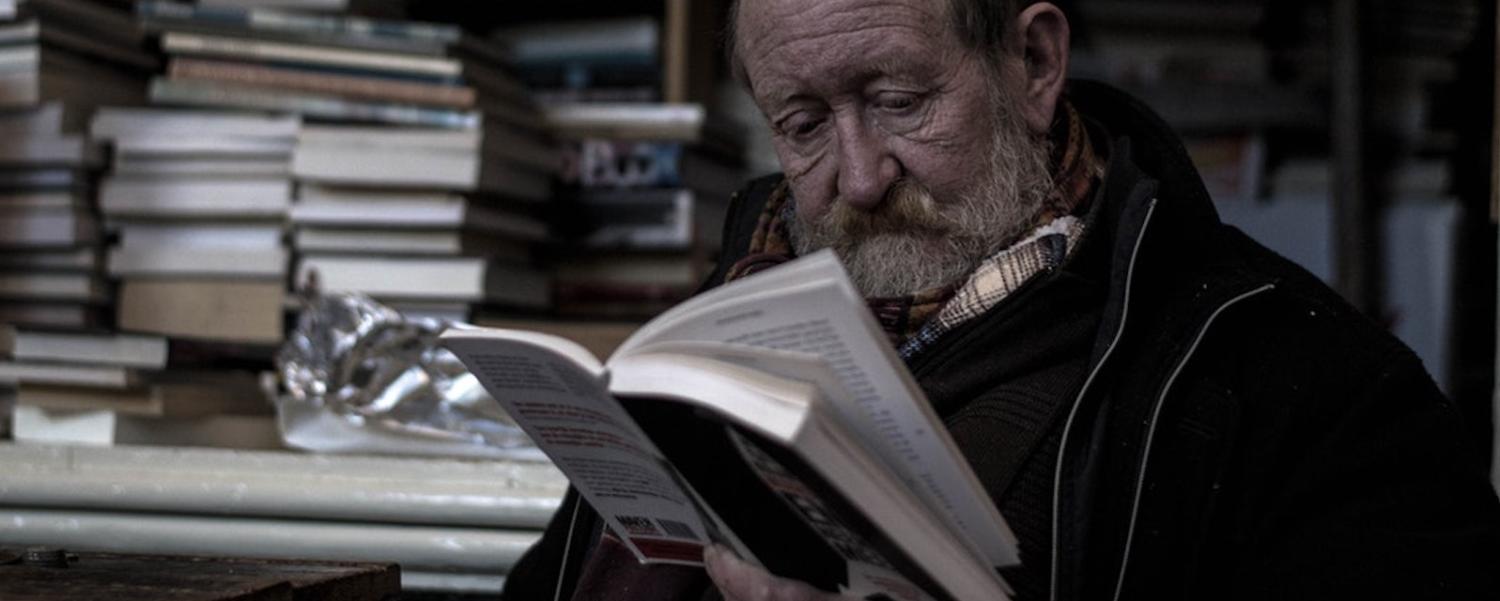 A familiar response to the growing global disorder has been to lament the demise of the liberal or “rules–based” international order and to call for its restoration. Patrick Porter is having none of it. In this compelling book – which is delightfully free of academic gobbledegook – he takes on the liberal order and its exponents.
A familiar response to the growing global disorder has been to lament the demise of the liberal or “rules–based” international order and to call for its restoration. Patrick Porter is having none of it. In this compelling book – which is delightfully free of academic gobbledegook – he takes on the liberal order and its exponents.
For Porter, the concept rests on bad history and so leads to bad policy.
Much of the book is devoted to correcting the liberal order’s “strangely bloodless” history. Porter reminds us that “America’s most beneficial achievements were partly wrought by illiberal means, through darks deals, harsh coercion and wars gone wrong that killed millions.” In this telling, international norms are no more than a means to “legitimise the hegemon’s preferences”. But his purpose is not to decry the US, “the least bad hegemon”. Rather, he wants to open our eyes to the “inherently imperial” nature of world ordering and the necessity of “dark bargains with illiberal forces”.
Some of the book’s strongest sections are Porter’s scrutineering of proliferating “panegyrics” for the liberal order. He punctures the inflated claims and weaving rhetoric of many US foreign policy luminaries. He reminds readers that a number of liberal-order advocates openly advocated American empire “before ‘liberal order’ returned to replace it as a less provocative euphemism”.
More consequentially, Porter argues that America’s pursuit of the liberal order has made it excessively belligerent. The idealised narrative of liberal order has blinded policymakers to the insights of realism, leaving them “insensitive to the limits of power … presumptuous about how others see the assertion of power and heedless of how ordering abroad can inflict disorder at home”. The post-9/11 wars were, for Porter, features rather than bugs of “the Order”, as he comes to call it.
This leads to ever more ambitious assertions. America’s pursuit of liberalism abroad has fostered illiberalism at home. Porter holds the Order responsible for the electoral victory of Donald Trump (all of Chapter 3), as well as the rise of Vladimir Putin and the crises of modern capitalism, global inequality and environmental degradation.
Porter’s hard distinction between domestic and foreign policy already looks anachronistic as the world grapples with the public health, economic and strategic impacts of Covid-19.
As Porter extends this argument, the purpose of his history-telling becomes less clear. On the one hand, by revealing how American power is actually practised Porter aims to explode the myth of the liberal order. On the other hand, he seems to be invoking the same history to show the Order’s extraordinary clout.
Porter might have resolved this tension by, for example, distinguishing foolish post-1990 liberal internationalists from the wise realists of the Cold War. He doesn’t. Rather, he notes that the Cold Warriors were more ideological, Manichean and often overtly pious than advocates of the liberal order. Why these qualities made them better able to “recognise the reality of violent struggle and justify awkward coalitions” isn’t really explained.
Similarly, I was unsure whether Porter saw the Vietnam War as an example of necessary realpolitik or – like the 2003 invasion of Iraq – excessive belligerence driven by ideology. Although “Vietnam is central to the argument”, as the author claims, the book lacks a judgment about the war’s strategic consequences. Rather, Porter focuses on the intentions of the “the architects of the conflict”. They “sincerely believed that it was a necessary act … to uphold many of the same imperatives espoused by believers in today’s liberal order”.
Porter concludes by arguing that the “Machiavellian moment” we are now in necessitates a sharper distinction between domestic and foreign policy. The later “cannot function as domestic liberal preferences writ large”. Rather, it should be “guided by an alternative moral standard, the reason of state”, which will require Washington to “flout rules, bend principles, betray populations and make dark bargains”.
But, by Porter’s own account, none of this sounds very new. And for all his contrarianism, Porter’s more specific policy recommendations appear to land somewhere within the Beltway. The US should seek to “contain a rising China, to divide China and Russia, and to reduce its footprint in the Middle East”. The need for the US to shift focus from the Middle East to China now enjoys rare bipartisan consensus, though many would question whether China’s “containment” is a realistic objective. Porter’s advocacy for a reverse Kissinger – countering China through a deal with Russia – is more radically realist but hardly new. The Trump administration has at least toyed with the idea of enlisting Russia to such ends.
This book is a welcome corrective to idealised accounts of the liberal international order, and it forced me to think harder. But it didn’t displace my view that international relations, although based on power, are shaped by norms. Nor was I persuaded that seeking a more rules-based order necessarily precludes hard trade-offs, or vice versa. Indeed, Porter’s hard distinction between domestic and foreign policy already looks anachronistic as the world grapples with the public health, economic and strategic impacts of Covid-19. For a middle power such as Australia, extending the role of norms – especially liberal ones – remains a necessary and viable foreign policy goal.
